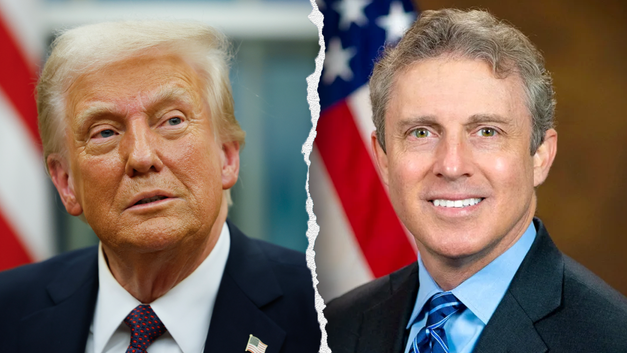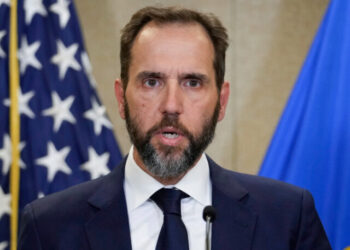A federal judge in Washington, D.C., ruled late Saturday that President Donald Trump’s removal of Hampton Dellinger, the head of the Office of Special Counsel, was unlawful. The decision effectively keeps Dellinger in his position, at least for now.
The Trump administration swiftly responded by filing a notice of appeal to the U.S. Court of Appeals for the District of Columbia Circuit. The ruling marks a significant legal challenge over executive power and the independence of the whistleblower protection agency.
D.C. District Judge Amy Berman Jackson stated that firing Dellinger violated legal protections designed to ensure the Office of Special Counsel remains independent from political influence.
“The elimination of the restrictions on plaintiff’s removal would be fatal to the defining and essential feature of the Office of Special Counsel as it was conceived by Congress and signed into law by the President: its independence,” Jackson wrote in her ruling.
The judge ordered federal officials—including the Director of the Office of Management and Budget and the Treasury Secretary—not to interfere with Dellinger’s duties or recognize any replacement until the legal battle is resolved. However, the order did not enjoin President Trump directly.
The ruling follows a previous Supreme Court decision that temporarily blocked the Trump administration from removing Dellinger. Justices Neil Gorsuch and Samuel Alito dissented, arguing that courts have historically granted wrongfully terminated officials back pay rather than reinstatement.
Justices Sonia Sotomayor and Ketanji Brown Jackson opposed Trump’s attempt to fire Dellinger outright, signaling a deep judicial divide over the case.
Following the decision, Dellinger expressed gratitude for the court’s intervention.
“I am glad to be able to continue my work as an independent government watchdog and whistleblower advocate,” he said. “I am grateful to the judges and justices who have concluded that I should be allowed to remain on the job while the courts decide whether my office can retain a measure of independence from direct partisan and political control.”
Dellinger, who was appointed by former President Joe Biden, has argued that his removal violates laws that limit a president’s ability to fire the Special Counsel without cause. He maintains that no job performance issues were cited in the email notifying him of his dismissal.
With the Trump administration appealing the decision, the case now heads to the U.S. Court of Appeals for the D.C. Circuit. The dispute over Dellinger’s firing marks the first major legal battle of Trump’s second term to reach the Supreme Court.
The ruling sets the stage for an extended legal fight that could have lasting implications for executive authority and the independence of federal watchdog agencies.




















